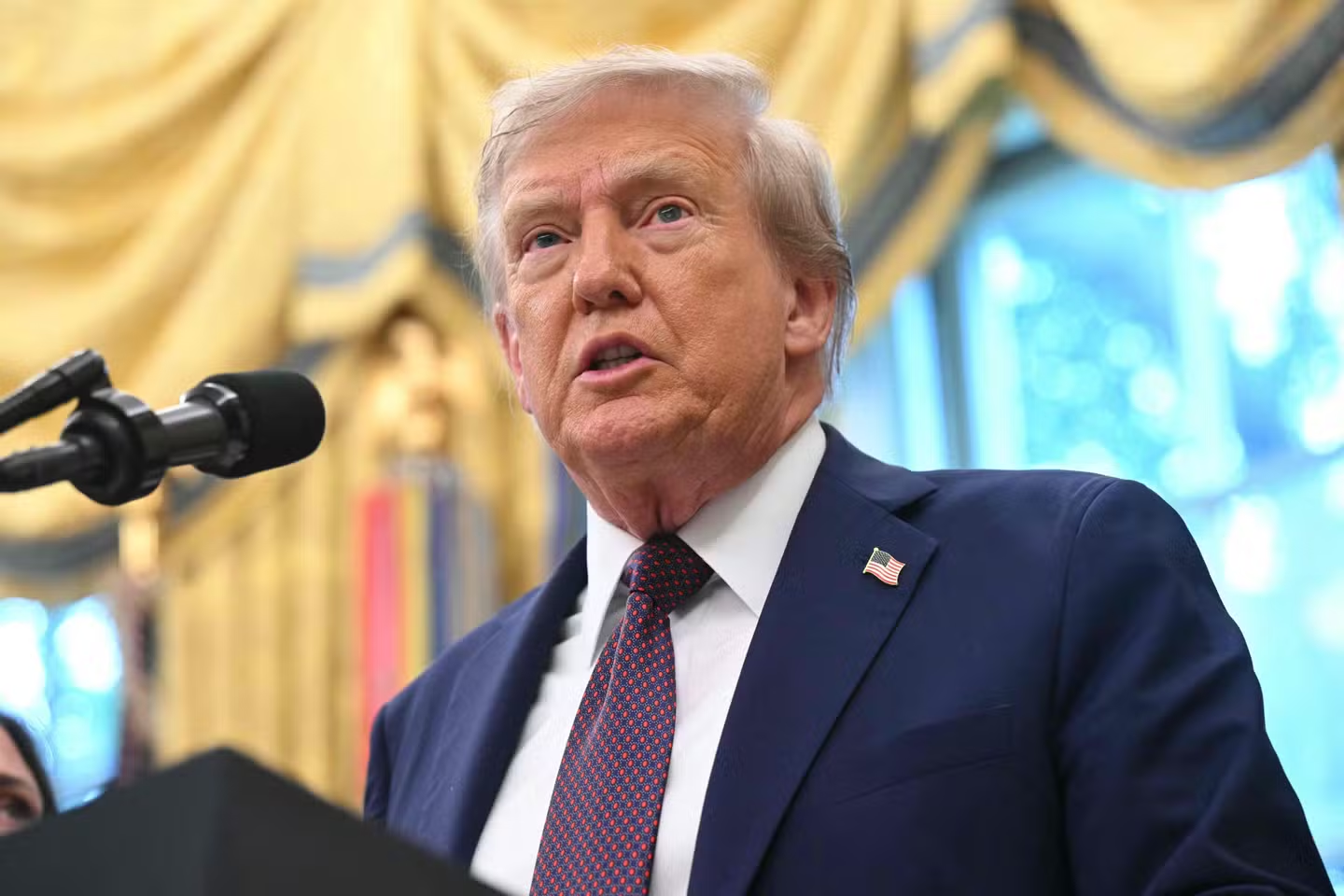Introduction
As India restores embassy in Kabul, it marks a powerful diplomatic comeback that reflects New Delhi’s intent to rebuild trust and deepen cooperation with Afghanistan. This move demonstrates India’s strategic vision to enhance regional stability, promote development projects, and renew humanitarian support, making it a turning point in South Asian diplomacy.
While India restores embassy in Kabul, it also faces the challenge of balancing diplomacy with security concerns.
🏛 A Shift in Diplomatic Presence
India’s decision to restore its embassy in Kabul follows the mission’s closure in 2021 after the Taliban took control, leading to uncertainty across the region. In 2022, India cautiously reopened a technical mission in Kabul to facilitate trade, medical support, and humanitarian assistance — a symbolic yet significant step.
Now, with the full embassy officially restored, India’s Ministry of External Affairs stated this move reflects its “resolve to deepen bilateral engagement with Afghanistan in all spheres of mutual interest.” The focus includes development projects, humanitarian aid, and training programs that support Afghan society.
This restoration marks a defining moment as India restores embassy in Kabul, showing its determination to rebuild ties and strengthen regional diplomacy.

🤝 Context of Warming Ties
The decision coincided with a historic visit by Afghan Taliban Foreign Minister Amir Khan Muttaqi to India — the first since 2021. During this visit, Indian Foreign Minister S. Jaishankar officially announced the reopening of the embassy, marking a powerful shift in India-Afghanistan relations.
While India has yet to recognize the Taliban formally, its diplomatic gestures suggest a pragmatic engagement strategy. Compared to countries like China, Russia, Iran, Pakistan, and Turkiye, which already maintain embassies in Kabul, India’s decision places it among key regional players cautiously re-engaging with Afghanistan.
Diplomats believe that India restores embassy in Kabul to rebuild cooperation and enhance mutual understanding with Afghanistan.
🌏 Strategic and Humanitarian Implications
This move isn’t merely symbolic — India restoring its embassy in Kabul carries strategic and humanitarian significance. Historically, Afghanistan has been a vital partner for India in promoting regional stability and countering extremism. Through projects such as the Chabahar Port in Iran, India aims to maintain trade routes that bypass Pakistan and enhance connectivity with Central Asia.
On the humanitarian front, India’s presence enables continued support for education, health, and infrastructure in Afghanistan. With the embassy reopened, India can deliver aid more efficiently and rebuild trust through people-to-people connections. This aligns with India’s vision of a peaceful and self-reliant Afghanistan, which benefits the entire region.

⚖️ Challenges and Opportunities
Despite the progress, challenges remain. India’s limited recognition of the Taliban restricts full-scale engagement. Moreover, maintaining security for its diplomatic staff in a volatile environment is a concern. However, the restoration of the embassy opens doors for long-term cooperation — especially in trade, education, and technology.
India can also balance regional influence by countering Pakistan’s dominance in Kabul while contributing to counterterrorism efforts. As noted by Dawn, terrorist networks still threaten peace in South Asia, emphasizing the need for coordinated regional strategies.

🌍 Broader Regional Context
India’s diplomatic expansion coincides with regional instability, as seen in Pakistan’s counterterrorism challenges and the spread of dengue. These interconnected crises underline how security, health, and diplomacy are deeply linked in South Asia.
India’s decision to restore its embassy in Kabul must therefore be viewed not in isolation but as part of its regional vision — to ensure peace, cooperation, and development that uplift the broader neighborhood.
The world is closely watching as India restores embassy in Kabul, hoping this decision strengthens peace and stability in the region.
🧩 Conclusion
India restoring its embassy in Kabul marks a bold, strategic, and humanitarian step toward rebuilding trust with Afghanistan. It reflects New Delhi’s pragmatic approach — engaging without recognition, prioritizing aid, and promoting regional stability.
As the embassy resumes operations, it could become a hub for stronger cooperation in trade, education, and security. This diplomatic move, if managed wisely, may help shape a peaceful and prosperous future for both nations and the South Asian region at large.
❓ FAQs
1. Why did India close its embassy in Kabul in 2021?
Because of the Taliban’s takeover after U.S. and NATO forces withdrew, prompting India to evacuate its diplomatic staff for safety reasons.
2. Has India officially recognized the Taliban government?
No, India hasn’t recognized the Taliban formally, but it has resumed limited engagement through its embassy and humanitarian missions.
3. What does India aim to achieve by restoring its embassy?
India seeks to rebuild relations, support development projects, and maintain influence in Afghanistan’s future stability.
4. How does this decision affect regional politics?
It strengthens India’s presence in Central and South Asia, allowing it to counterbalance rival influences and promote stability through constructive diplomacy.



One thought on “India Restores Embassy in Kabul – A Powerful Move Strengthening Ties with Afghanistan”